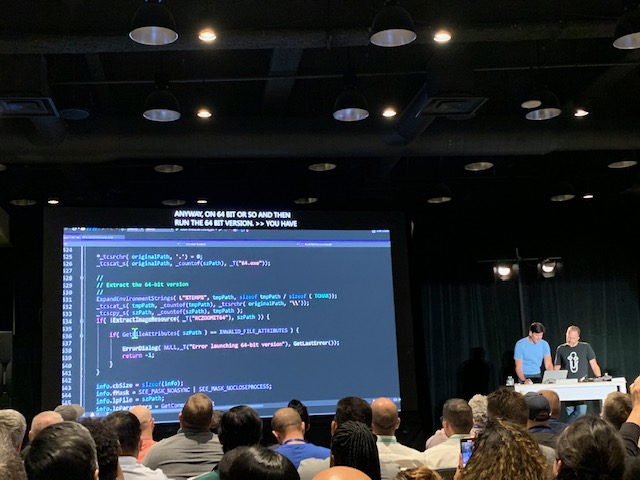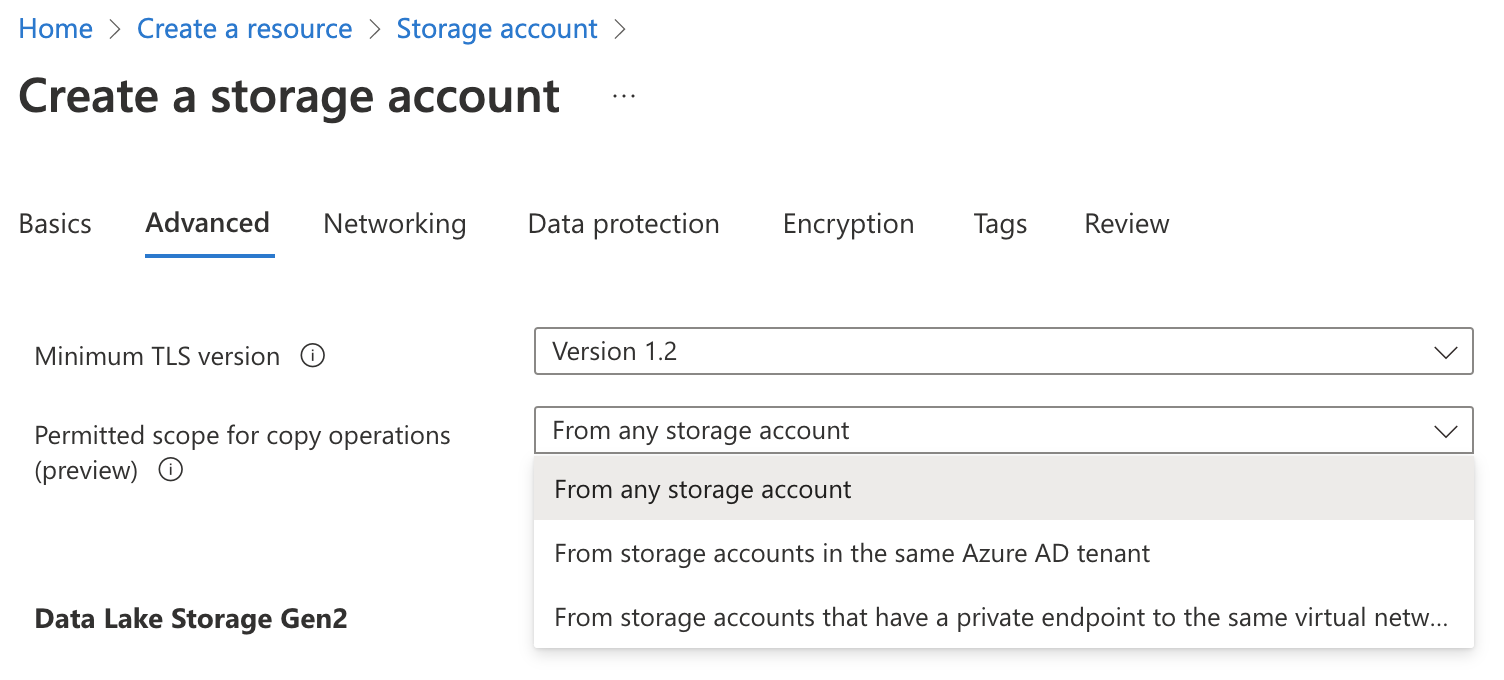Hi!
Mariner is an open-source Linux distribution created by Microsoft and is now available for preview as a container host on Azure Kubernetes Service (AKS). Optimized for AKS, the Mariner container host provides reliability and consistency from cloud to edge across the AKS, AKS-HCI, and Arc products. You can deploy Mariner node pools in a new cluster, add Mariner node pools to your existing Ubuntu clusters, or migrate your Ubuntu nodes to Mariner nodes.
Key Capabilities Of CBL-Mariner:
CBL-Mariner provides many of the traditional benefits of using Linux. In addition to that, CBL-Mariner provides hardened security and efficient lifecycle management.
- CBL-Mariner core
Minimal core system that supports a variety of profiles (Azure VM or on bare-metal x64 or ARM64) and allows the customer to build on top of it as needed.
Lightweight footprint: 450MB uncompressed.
- Support & Updates
SLA for vulnerabilities.
Patches automatically available for the customer to update when most convenient for them.
dnf infrastructure used for upgrading packages.
- Security hardened
The kernel and other aspects of the OS are built with an emphasis on security and follow the secure-by-default principle, compliant with Microsoft security standards and industry certifications.
- Federated Builds
Enables teams to innovate on top by allowing the generation and maintenance of packages on top of the CBL-Mariner builds.
With over 6000 packages already built, teams can customize their image easily.
- Robust Testing
Through a robust testing matrix of package, image and kernel tests, we allow for earlier issue detections and mitigations prior to the image being published.
- Virtualization
CBL-Mariner supports a container host image that includes the Kubernetes infrastructure.
- Efficient lifecycle management
CBL-Mariner supports both RPM package and image-based update mechanisms for releases – with an “evergreen” release alongside specific security-patched stable snaps. New releases are made available annually and each release is supported for 18 months.
If you want to replace your existing AKS Ubuntu Node Pool by Mariner, please follow this link: https://microsoft.github.io/CBL-Mariner/docs/#using-cbl-mariner-with-aks
Maxime.






